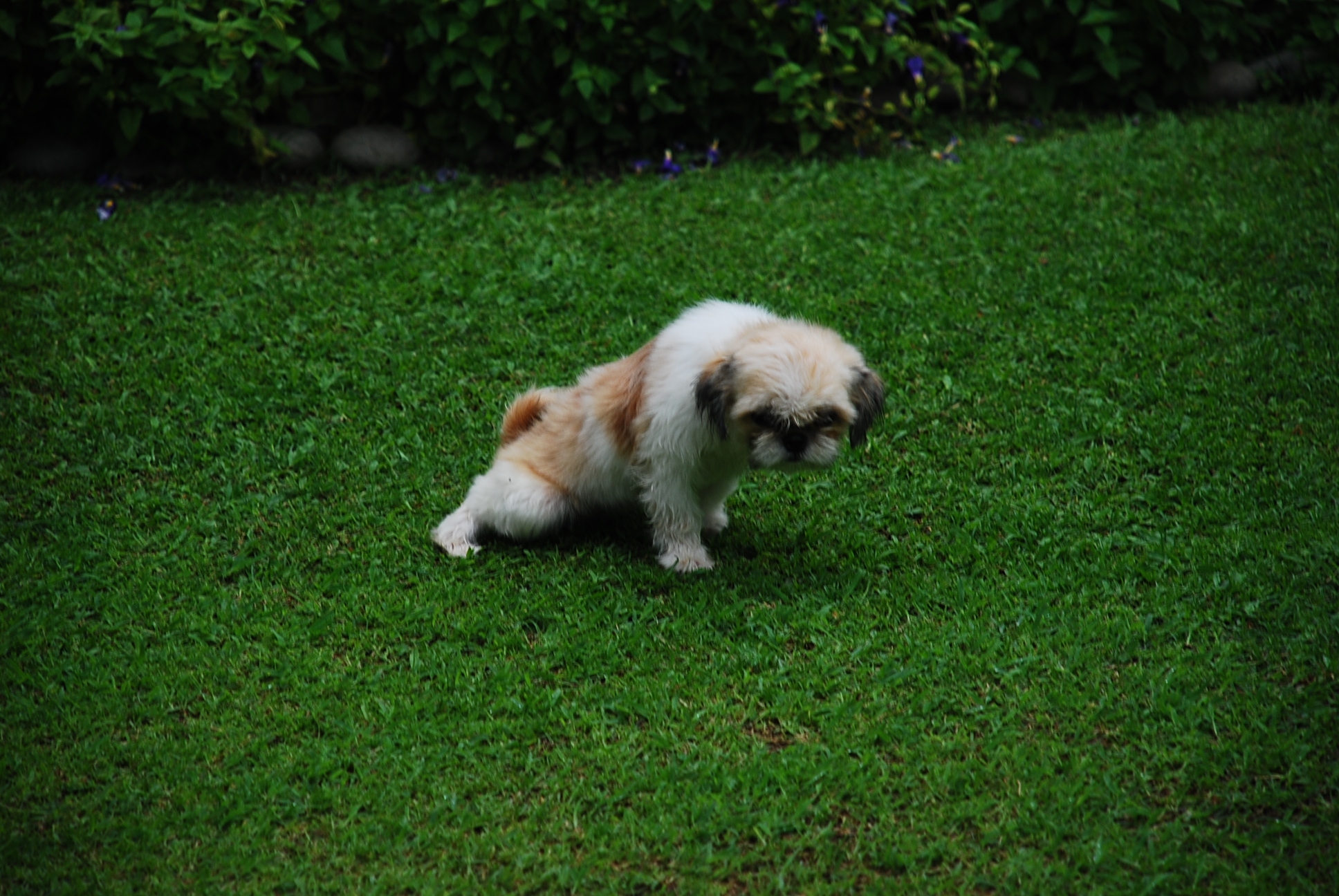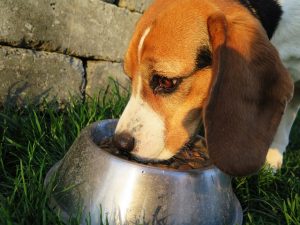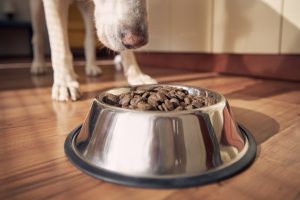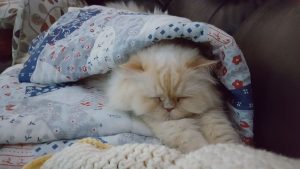
How to Housebreak Your Dog
Summary
– Step 1: Housetraining a Puppy
– Step 2: Identify the reasons for your adult dog’s uncleanliness
– Step 3: Paying attention to your dog’s behavior
– Step 4: Housebreaking your adult dog
Your puppy is not housebroken, or your adult dog is no longer housebroken. He urinates or defecates in the house. As with any dog training task, the puppy needs to take the time necessary to potty train.
Adult dog messes are another problem. Before it becomes a bad habit, you need to act quickly to correct it.
Here’s how to potty train your dog.
1. Potty train a puppy
Dogs are innately potty trained. The puppy knows that he should not relieve himself in his bed very early on. So he’ll get out of his crate to relieve himself a little further away. It’s up to you to teach him that this “further” is outside the house or apartment.
Good housebreaking requires you to be very present with your puppy, which is why it’s essential to adopt a dog during vacations. The more time you spend with the puppy at the beginning of the training process, the faster the dog will become housebroken.
Take the dog out regularly.

– For your puppy to quickly understand that he needs to relieve himself outside, take him out regularly. Ideally, after each meal and then every two hours or so if you can. In the first few weeks, some brave owners take their puppy out at least twice at night.
– If you have a yard, place newspapers, mops, or towels where you want him to relieve himself outside.
– If you don’t have a yard, always walk him in the same place. Finding his scent will encourage him to relieve himself. This way, you can encourage him to urinate or defecate in the gutter.
– After each bowel movement, praise or even reward him.
React if your puppy forgets to go in the house.
Your dog won’t learn to potty overnight. Be patient and persistent; some forgetfulness will happen. If your dog relieves himself in the house:
– Don’t clean up in his presence, as this will encourage him to do it again in the same place, as he may think it’s a game.
– Deodorize as much as possible or even impregnate the place with a new smell (vinegar or lemon juice mixed with carbonated water). Please don’t use bleach or other ammonia products, as they reinforce the smell of urine and have an inciting effect on the puppy.
– Do not put your dog’s nose in his urine or stool; it is useless. Dogs do this to sniff out the scent of other dogs.
– If you catch him in the act, say “no” firmly and lead him to the right place. Praise him when he’s done.
Space out outings once the puppy is housebroken.
Until the dog is fully housebroken, maintain a routine of regular outings to the same place.
When the dog is housebroken, gradually space out the outings.
When walking:
– Your dog should relieve himself before playing. A puppy might forget and relieve himself on the way home.
– Don’t bring your puppy in right after he’s finished doing his business. He’ll learn to hold back to prolong the walk.
Note: Potty training should be completed by 8 months of age. If this is not the case, seek professional advice.
2. Identify the reasons for your adult dog’s potty training
It is necessary to determine the causes for your dog’s uncleanliness: it may be due to pathological, behavioral, or hierarchical problems.
Make sure your dog is not sick.
Urinary malpractice can have pathological causes, such as stones, infection, or diabetes. These urinary disorders are usually accompanied by other symptoms, such as an increase in drinking, a deterioration of his general condition, a lack of energy.
It can also be incontinence. Incontinence is common in older dogs and can also be caused by a malformation. Your dog leaves urine marks where it has been lying down.
In all cases, consult a veterinarian.
3. Pay attention to your dog’s behavior
Your dog’s uncleanliness may also be due to a behavioral problem:
– Fear: Your dog may have been scared while outside. He chooses to relieve himself in the safety of your home.
– Hyperactivity: these dogs are overactive outdoors and forget to relieve themselves while walking.
– Hyperattachment: these dogs suffer from separation syndrome. The panic they feel when they are alone can result in the destruction of their environment and also in urination, bladder emptying, more or less controlled.
A professional will advise you on the solutions to put in place.
Re-establish a good relationship with your dog.
A dog, and more rarely a bitch, uses her urine to mark her territory and communicate with other dogs. A dog that deposits urine marks inside the house, on the walls or furniture, suffers from hierarchical problems.
Clarify his place in your family if he tends to take a dominant position.
4. Potty train your adult dog
Some dogs never learn to be housebroken. While adult dogs take longer to understand than puppies, it’s not impossible to potty train your dog. Training an adult dog follows the same rules as for a young dog.
– As soon as he shows the urge to urinate or defecate, take him out and make him do his business if possible, always in the same place and always before playing. And praise him or even reward him with a treat when he’s done.
– If you’re worried about your dog getting into mischief while you’re away, you can confine him to a closed kennel when you leave the house for a while. Use a secure kennel in which he is used to hiding. Dogs don’t like to soil the places where they sleep. Be careful not to leave him locked up for hours on end. He’ll end up soiling his kennel, which will have the opposite effect of potty training.
Remember: training an adult dog takes time, so be persistent, patient, and positive. Always praise and reward a good deed. Scolding often has the opposite effect.
Finally, you may also seek help from First Coast Scoopers for Pet Poop Scooping, Pet Waste Bag Sales, Pet Waste Station Sales, Residential Waste Cleanup, and Pet Waste Station Service.
Hope this post helps you to housebreak your dog. Remember to share your experience in the section below.





